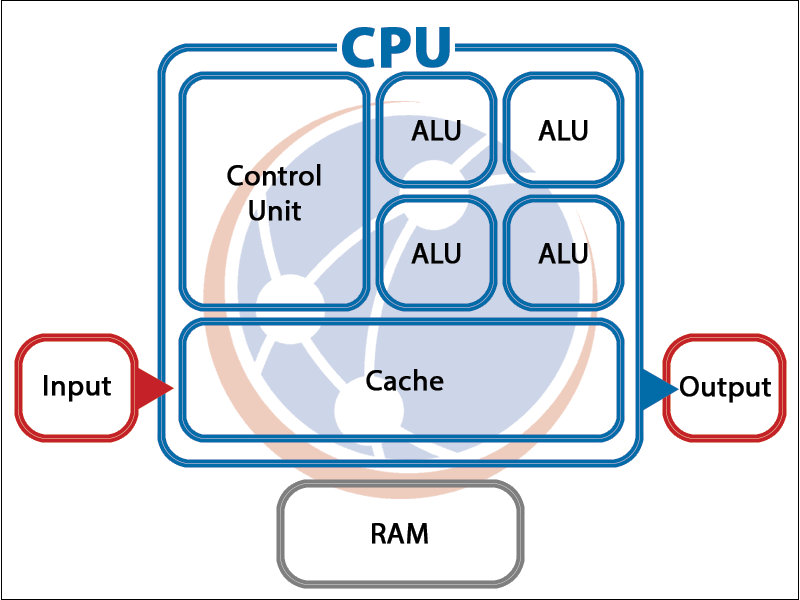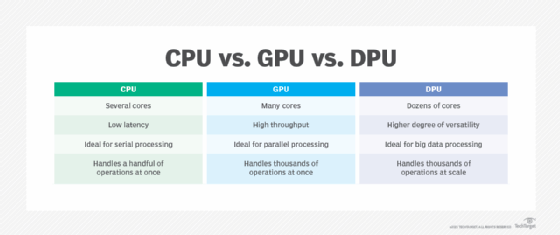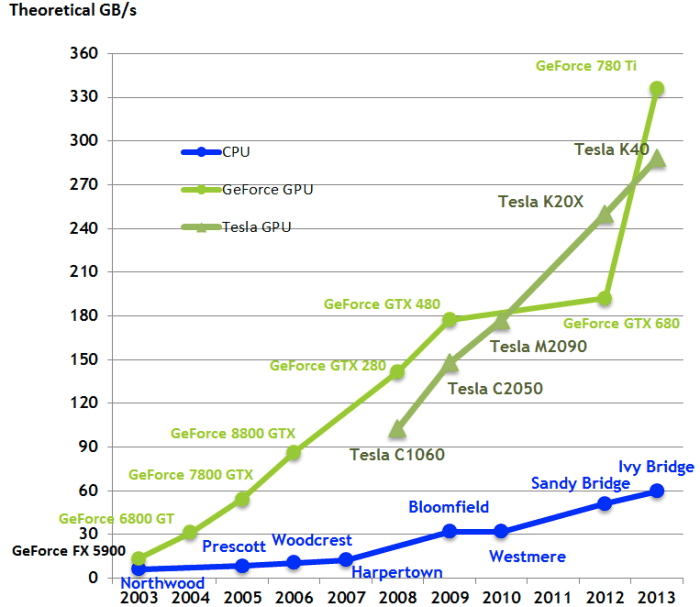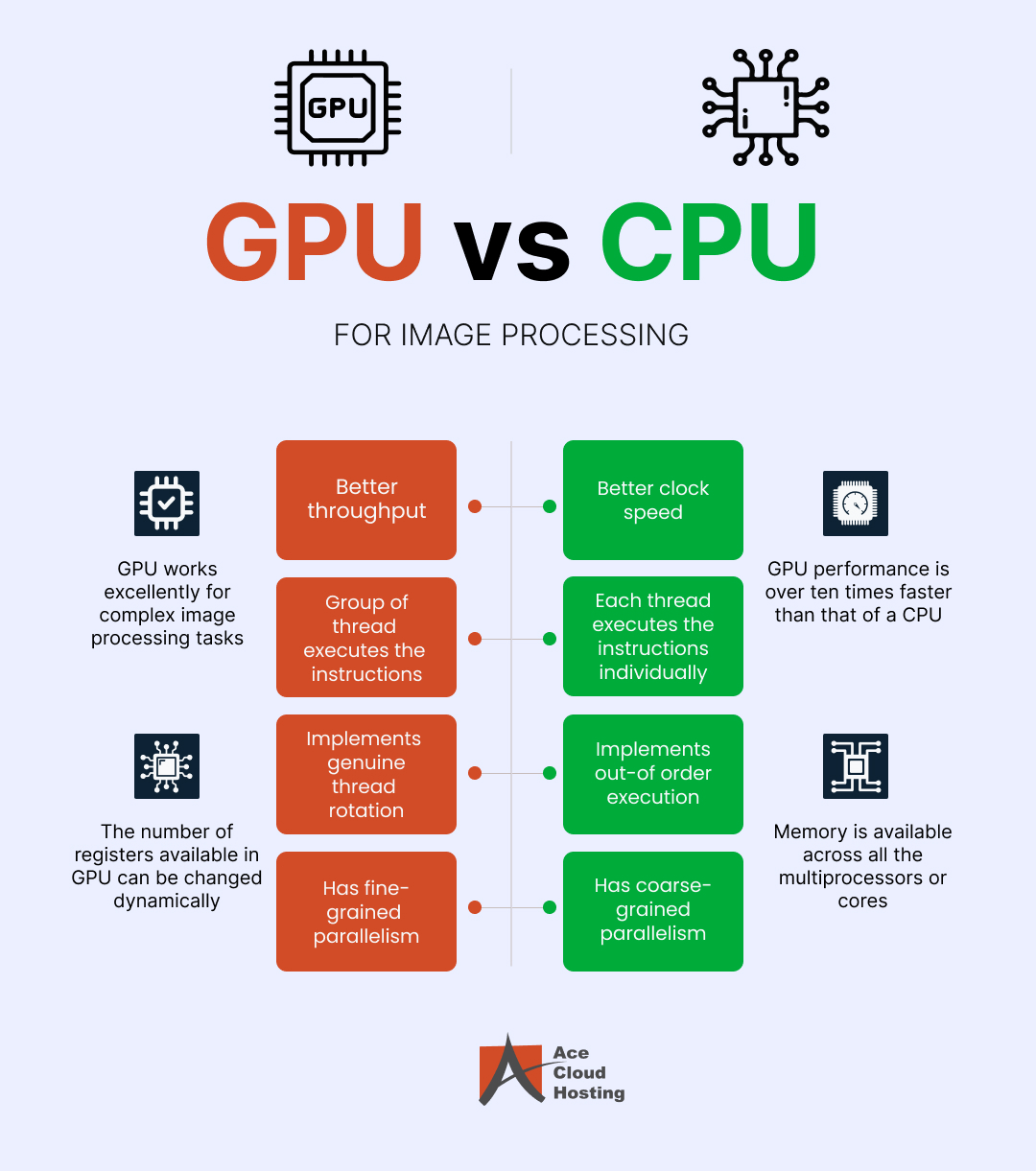Roads & PavementRoads & Pavement
Barefoot
Minimal
Low
Medium
High
Maximal
All around running shoes offer comfort and cushioning for daily runs, jogs, walks, and long mileage. They offer enough versatility for both faster and slower runs and are a great option for those who want one running shoe to do it all.
Fast run or uptempo running shoes are lightweight and responsive. They offer streamlined designs that have minimal uppers and offer a high level of energy return. These shoes are a great option for faster runs in the week or those looking for a livelier experience.
Max Cushion shoes offer premium cushioning with ample ground protection and a stable ride. These types of shoes provide abundant impact protection that softens landings while running at any pace or distance. These types of shoes are best for slower recovery runs and easy days where comfort takes priority.
Racing shoes are designed with optimal performance in mind. These types of shoes have snug-fitting uppers, energetic midsole foams, and features implemented for maximum efficiency. These types of shoes are best for runners looking to gain the ultimate advantage in races but may sacrifice some durability and comfort.
Gym Workout shoes offer a stable and versatile ride. They have a firmer underfoot feeling that provides stability for lateral movements with comfortable uppers. These types of shoes are best for trips to the gyms, cross training, casual wear, and light running. CPU Vs. GPU A Comprehensive Overview 5 Point Comparison
Road running shoes feature smooth outsoles that are designed for running on paved surfaces such as roads, sidewalks, and bike paths.
Designed to handle most trail runs, these shoes prioritize comfort and a smooth ride. These shoes are great for anything from smooth singletrack, park trails, and fireroads making them ideal for those who run from their doorstep on streets before hitting the trail.
These shoes are best used for hard, rugged trails such as shale, granite or sandstone where grip on smooth surfaces and underfoot protection are important.
Designed for use in muddy, soggy conditions, these shoes feature very aggressive outsoles that dig deep into soft ground for exceptional traction.
These shoes feature technical outsoles designed to grip snowy and icy trails making them ideal for winter trail running.
Cushioning level, or stack height, refers to how much shoe is between your foot and the ground. For this category, we reference the amount of cushioning below the forefoot as the heel height will be equal to or greater than the forefoot height.
Evaluate GPU vs. CPU for data analytics tasks TechTarget
0-13mm. The Shoe generally does not have a midsole and feels like there is no cushioning. This shoe is all about feeling the ground underfoot.
14-18mm. The shoe has a thin midsole that allows for a natural running experience. Racing shoes and minimalist shoes are common here. These shoes offer a feeling of being connected to the road or trail.
19-23mm. The shoe has a slightly cushioned feel and may feature added cushioning technologies. Performance training shoes and some trail shoes are common here. These offer protection during footstrike but prioritize a lightweight, grounded experience.
24-28mm. These shoes have a stack height that fall near the middle of the spectrum.The shoes in this category are verstaile and great for all types of runs and distances.
29-34mm. The shoe has a thick midsole and ample cushioning. These shoes are highly protective and absorb more impact than the body.
35mm plus. The shoe has an extremely thick midsole and extra cushioning. The focus is on protection and soft foam underfoot with hardly any ground feel.
Neutral shoes support the foot through a normal range of arch collapse and generally do not have a built-in technology to correct movement.
Stability shoes are a great option for those who overpronate or need added support. These shoes help to limit the inward rolling motion of the ankle while running or walking and assist in guiding the foot straight through the gait cycle. File Cpu gpu.svg Wikimedia Commons
Product Details:
CPU vs GPU vs TPU Understanding the difference b w them online, GPU vs. CPU Architecture online, CPU vs. GPU Rendering What s the difference and which should you online, CPU vs. GPU Rendering Which Should You Choose Incredibuild online, CPU vs GPU Architecture Pros and Cons and Special Use Cases online, What is the difference between a GPU and a CPU Which one is online, shopinverse CPU vs GPU Follow for PC tips and tricks online, GPU vs CPU Performance Comparison Can You Close the Gap online, Why GPUs Provide A Better Architecture For AI Especially online, What Is the Difference Between CPU and GPU AVG online, Performance comparison of GPUs vs CPUs. benchmarks gpu compare online, Do we really need GPU for Deep Learning CPU vs GPU by Shachi online, File Cpu gpu.svg Wikimedia Commons online, Evaluate GPU vs. CPU for data analytics tasks TechTarget online, CPU Vs. GPU A Comprehensive Overview 5 Point Comparison online, What Do We Understand By GPU Vs. CPU online, What Is the Difference Between CPU vs. GPU vs. TPU Complete online, GPU vs CPU at Image Processing. Why GPU is much faster than CPU online, CPU vs GPU Architecture Pros and Cons and Special Use Cases online, Comparison of CPU versus GPU architecture. Download Scientific online, GPU Vs. CPU Unleashing Computing Power online, When to Use CPU GPUs or TPUs AI Infrastructure Alliance online, GPU Computing the basics Chip ICT online, What is the Main Difference Between CPU and GPU online, CPU vs GPU The Difference and Which One Is Better online, Hardware and Project Selection Part 1 CPU vs GPU Steemit online, Exploring the GPU Architecture and why we need it. VMware online, CPU vs GPU vs TPU Unveiling the Powerhouse Trio of Computing online, What is The Difference Between CPU and GPU EaseUS online, CPU vs GPU Why GPUs are More Suited for Deep Learning online, Difference between GPU and CPU javatpoint online, Deep Comparison Between Server CPU and GPU FS Community online, CPU Vs. GPU A Comprehensive Overview 5 Point Comparison online, CPU vs. GPU for Machine Learning Pure Storage Blog online, Compare Benefits of CPUs GPUs and FPGAs for oneAPI Workloads online, CPU vs. GPU Which Processor is Right for You GIGABYTE Global online, GPU vs CPU at Image Processing. Why GPU is much faster than CPU online, CPU vs GPU architecture each blue square represents one core online, CPU vs GPU vs TPU When to Use For Your Machine Learning Models online, Are GPUs Really Taking Over CPUs Hypertec online, GPU vs CPU What are the Key Differences Cherry Servers online, Abhinav Upadhyay on X online, CPU vs GPU Architecture Download Scientific Diagram online, CPU vs GPU what is the difference IBE Electronics online, Difference between CPU and GPU online, What Is GPU Computing and How is it Applied Today Cherry Servers online, The Differences Between GPU vs CPU In Website Servers Liquid Web online, CPU vs GPU Know the Difference Incredibuild online, CPU vs GPU Definition and FAQs HEAVY.AI online, CPU vs GPU What s the Difference Which Is Better NVIDIA Blog online, Product Info:
Cpu v gpu online.
- Increased inherent stability
- Smooth transitions
- All day comfort
Model Number: SKU#7321534




